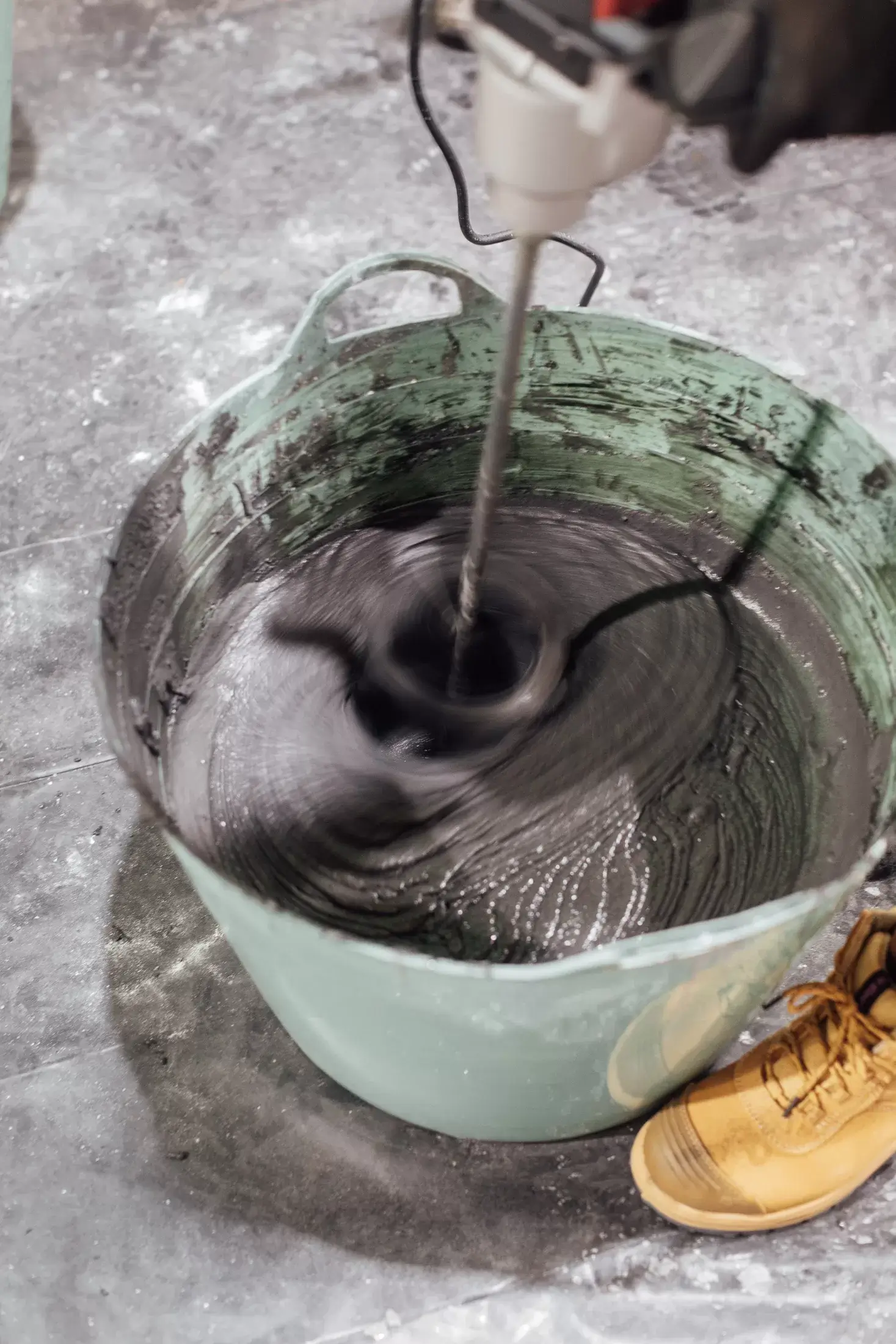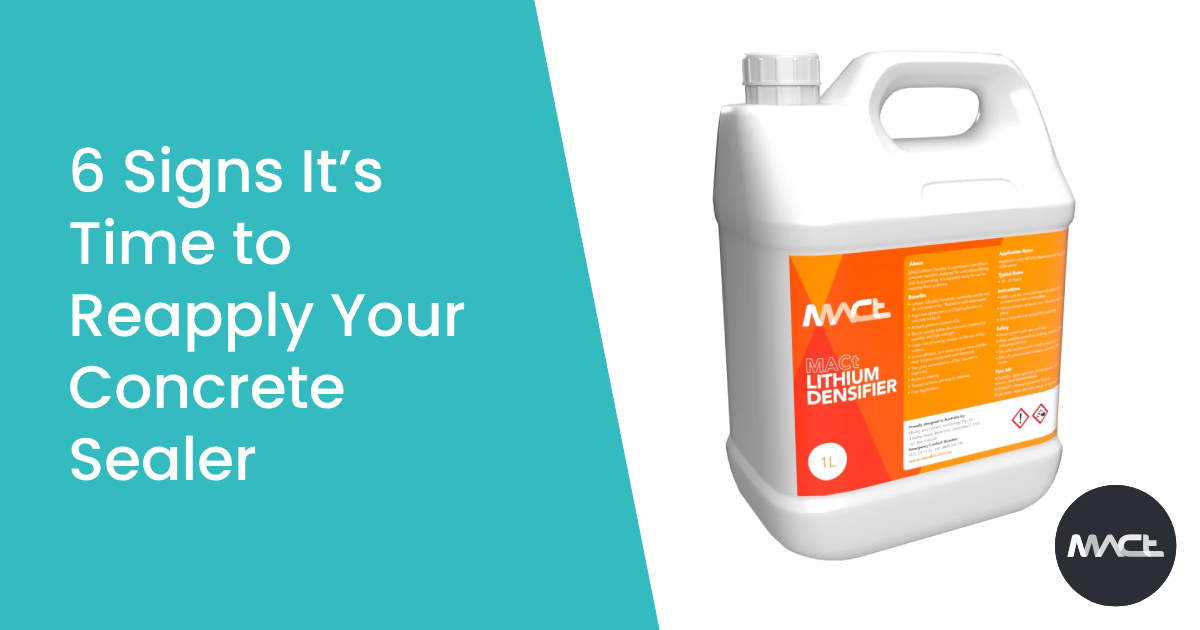Types of Water Reducers in GRC Mixes
When it comes to water reducers, or plasticizers, there are a few different types that are commonly used in GRC. These include polycarboxylates, lignosulfonates, and naphthalene sulfonate formaldehyde (NSF). Each of these has their own benefits and limitations that should be considered when choosing which to use in a given mix.
Balancing Workability and Strength: Choosing the Right Water Reducer
One of the main benefits of using a water reducer is that it can help to improve the workability of the mix. This is especially important in hot weather conditions, when concrete can quickly become too stiff to work with. Water reducers can also help to increase the strength of the finished product by reducing shrinkage cracking.
However, it is important to be aware of the potential problems that can occur if water reducers are used in excess. One of the most common issues is air entrainment, which can reduce the overall strength of the concrete. Additionally, overuse of water reducers can lead to segregation and bleeding, both of which can adversely affect the finished product.
Avoiding Common Issues: Proper Usage of Water Reducers in Concrete Mixes
When choosing a water reducer, it is therefore important to strike a balance between workability and strength. In general, polycarboxylates tend to provide the best balance of these properties, making them a good choice for most applications. However, lignosulfonates can be a good choice in mixes where high levels of water reduction are required. NSF plasticizers are also sometimes used, although they can be more expensive and may not provide as much water reduction as other types.
In conclusion, water reducers are an important part of many concrete mixes. When choosing a water reducer, it is important to consider the workability and strength requirements of the mix, as well as any potential issues that may arise from overuse. Polycarboxylates tend to provide the best balance of these properties and are therefore a good choice for most applications. However, lignosulfonates or NSF plasticizers may be better suited to specific mixes. Whichever type you choose, be sure to use it in the correct amount to avoid any problems with air entrainment, segregation or bleeding.





